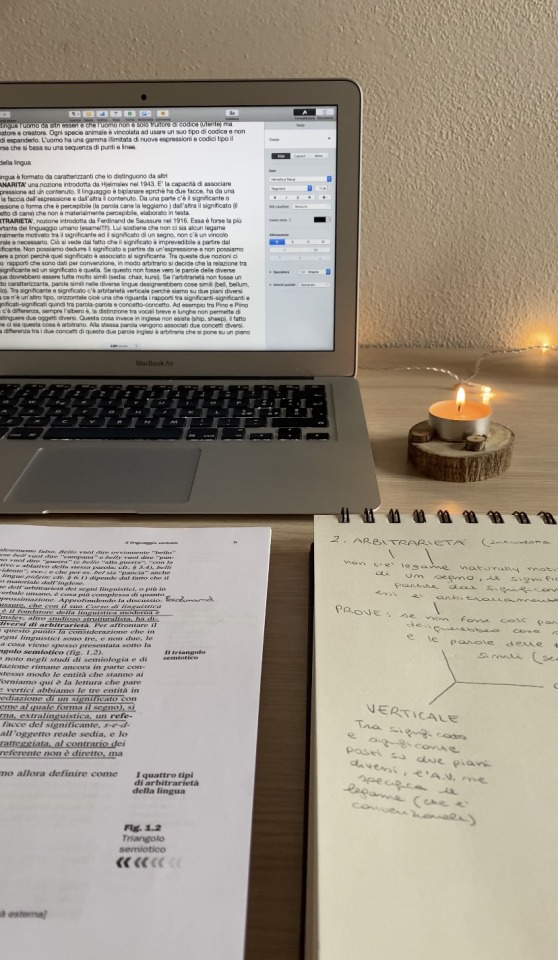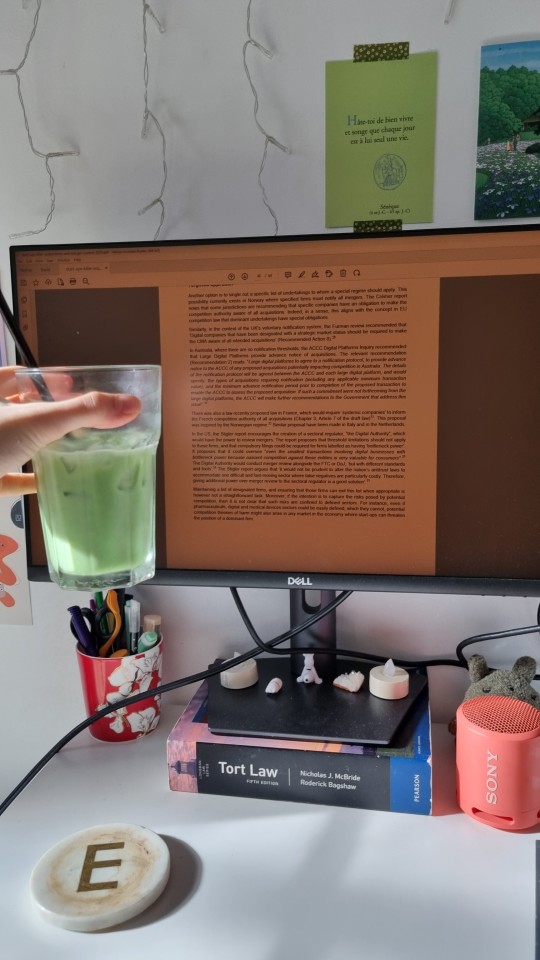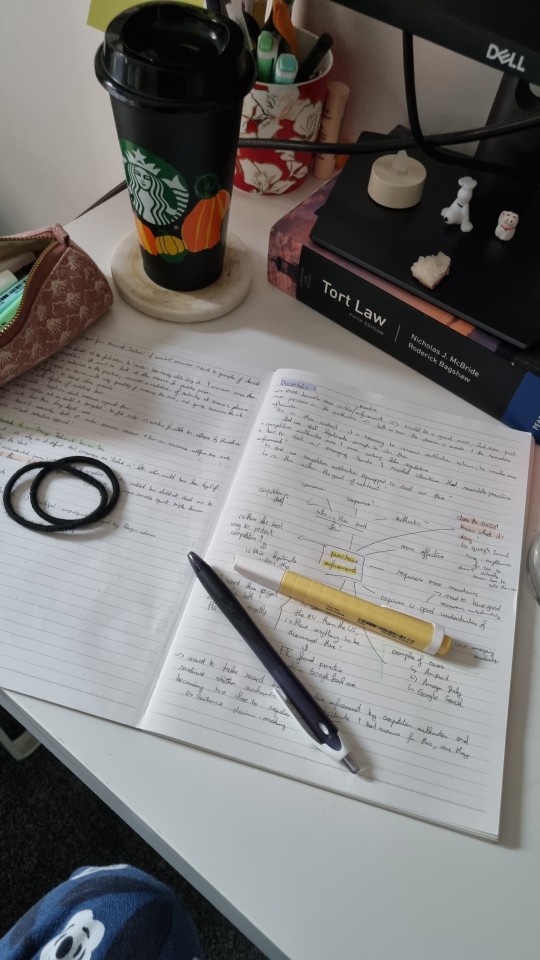44-45 Minutes?!!! That's It?! That's How Long The Moon Knight Finale Will Be?! What The Actual Fuck,
44-45 minutes?!!! That's it?! That's how long the moon knight finale will be?! What the actual fuck, they gonna show anything at all or what? We need a fucking movie for finale!
More Posts from Artemisthevirginhunter and Others
I'm myopic. So I need my glasses everytime I want to experience how a person with normal eyesight sees things. So, the situation is that to experience equality in terms of sight or vision, I NEED my glasses. It's not an advantage, it's a necessity. But to my father, it doesn't seem that way. He thinks I just need to wear glasses when I'm studying. To him, it looks like a tool to help me do something better rather than something that I need to do things normally all the the time.
I think people with any disability are misunderstood the same way and it's a shameful understanding society keeps about their issues. If only these nuances are understood more precisely, maybe we wouldn't question laws made for people with disabilities, so that they can experience equal participation and rights like any normal citizen, and maybe this world would be a slightly better place.


This was gathering dust in my drafts. As much as I hate to admit, I genuinely miss my highschool textbooks... They were so simple


my uni dorm <3
Images work a powerful effect on the mind. If we question in our hearts who we are, our minds throw up to our vision an image of ourselves. We seek a picture, a word, a name. We feel we do not know our own feelings unless they are named. And we inherit through culture the very names we give to feelings.
This power of culture over our lives is a power we study and recognize. Kenneth Boulding, a philosopher in the sociology of knowledge, writes: "persons themselves are to a considerable extent what their images make them." And he follows this with another insight, which should be terrifying when we consider the images of men and women in pornography and in the pornographic sensibility. He writes: "people tend to remake themselves in the image which other people have of them."
The philosopher of language Wittgenstein gives us a similar insight. He writes: "The child learns to believe a host of things, i.e., it learns to act according to these beliefs. Bit by bit there forms a system of what is believed, and in that system some things stand unshakably fast and some are more or less liable to shift. What stands fast does so, not because it is intrinsically obvious or convincing; it is rather held fast by what lies around."
This relationship between culture and event has tragic consequences in our lives. In 1972, for example, the surgeon general's report on images of violence on television suggested that a causal relationship exists between an exposure to television violence and a child's participation in more aggressive behavior. For culture and event become one another. In the early twentieth century, a magazine publishes a photograph of a real event, a photograph of a woman political activist being tortured by the czarist police. Now this event, through its publication as a photograph, has become culture. And a young man buys this photograph. He stares at it. He becomes obsessed with it. Later he imagines that he is torturing a woman who has rejected him in the same fashion as this photograph depicts. Finally he actuates these fantasies in ritual tortures as a sadomasochist. (We read of his life after he becomes a patient of Wilhelm Stekel.) He makes culture actual.
By this transformation from image to act and act to image, we become imprisoned in a world of mirrors. For we cease to be able to tell illusion from actuality or to distinguish our own natures from the nature we are imagined to have. Thus if we are unhappy, we can find no way out of our dilemma, no door leading us into another world than this world of mirrors. In one mirror we see a photograph of a woman who is tortured. This may be a fictional pose. Or it may be a newspaper reporting an actual event. Or we may witness this event in our own lives. So, gradually, we cease to be able to imagine ourselves as otherwise. Every reflection we see tells us that only cruelty is possi-ble. That violence is inevitable. We are trapped by our own minds.
In this way culture becomes like a web that is invisible to our eyes, made up strand by strand of image and word, each strand becoming more powerful through the existence of the other strands. But we do not see any of the strands. We do not examine our assumptions, our choices, our decisions: Rather, they fade into the background for us. And we confuse them with ourselves and with nature.
So if an image turns into an act, we do not perceive this transformation as having taken place. Rather, we say to ourselves that the image has accurately predicted the future. And if a pornographic fantasy becomes an event, we say that pornography has truthfully portrayed sexuality. And finally, when we read that a man is convicted of kidnapping and "brutally" murdering an adolescent girl "to fulfill a bizarre sexual fantasy," we do not come to understand that the pornographic imagination can lead to actual murder. We do not suspect, as we ought to suspect, that pornography endangers our lives.
-Susan Griffin, Pornography and Silence: Culture’s Revenge Against Nature


intertidal + ephemeral
Matcha lattes and coffee go hand-in-hand with dissertation prep. I genuinely have no idea what I'm doing, but surely I'll figure out at some point.


day 32/100 of productivity


things accomplished today:
• chem equations
• physics chapter reading+ theory
22.10.22

this is simply the greatest video i have ever seen
THE INTERVIEW WITH THE VAMPIRE ; AMC productions.

The look on lestat's face! Like he is angry that he's doing this when he wants to give louis attitude for being a mean bitch to him hours ago, but then he hears her and is a little, if not a lot, intrigued about her.

Now that they're playing daddies to little Claudia, they're are absolutely going to discuss the clothes, ah yes, the joy of parents.

This was probably the funniest part of the episode😂😂, lestat being his usual sarcastic self.

He really has been away from children for too long😂

No comment, teen problems😂

This fight! They act so much like a family now, parents fighting over their teenage vampire daughter. Despite the fact that lestat is overly annoyed most of the times about Claudia's antics he doesn't entirely hate the concept.
This scene is almost a depiction of the possible consequences, –although the argument here subsides–, of Claudia's curiousity.
Louis told Claudia to be careful when digging around and troubling lestat with questions because as knew all to well, that past troubles some people.

This was a beautiful scene. Louis introducing Claudia to the idea that love works the same for all –objective in basics and free for subjective interpretations of the nuances. He answered her questions with just a few words but did so gently, not rebuking her, not confusing her more, just telling what it really is. This scene says so much about Louis and his acceptance of his sexuality throughout his years with lestat.
He's embraces that part of his identity.

This show!!! I mean the way they've portrayed Anne Rice's vampires on-screen, as eternal beings with having subtle shades of humanity. Of being murderers, almost like apex predators in their own habitat but still having the similar concerns of failure as a parent, of hurting their loved ones. And sometimes, of hunting the wrong prey, which is clearly the humane side of them bothering.
EPISODE 4, S1




𝔇𝔬𝔫’𝔱 𝔣𝔬𝔯𝔠𝔢 𝔦𝔱. 🍋
-
 aquariuspearl14 liked this · 3 years ago
aquariuspearl14 liked this · 3 years ago -
 hyena-nana liked this · 3 years ago
hyena-nana liked this · 3 years ago -
 bestwisheslatersgators liked this · 3 years ago
bestwisheslatersgators liked this · 3 years ago -
 artemisthevirginhunter reblogged this · 3 years ago
artemisthevirginhunter reblogged this · 3 years ago -
 artemisthevirginhunter reblogged this · 3 years ago
artemisthevirginhunter reblogged this · 3 years ago -
 marvelwars101 reblogged this · 3 years ago
marvelwars101 reblogged this · 3 years ago -
 nikkivenomized liked this · 3 years ago
nikkivenomized liked this · 3 years ago -
 penellaphemierel liked this · 3 years ago
penellaphemierel liked this · 3 years ago -
 data-is-my-favorite-android liked this · 3 years ago
data-is-my-favorite-android liked this · 3 years ago -
 human-bathtub liked this · 3 years ago
human-bathtub liked this · 3 years ago -
 artemisthevirginhunter reblogged this · 3 years ago
artemisthevirginhunter reblogged this · 3 years ago -
 nebularianism liked this · 3 years ago
nebularianism liked this · 3 years ago -
 marvelwars101 reblogged this · 3 years ago
marvelwars101 reblogged this · 3 years ago -
 artemisthevirginhunter liked this · 3 years ago
artemisthevirginhunter liked this · 3 years ago -
 satanic-foxhole-court liked this · 3 years ago
satanic-foxhole-court liked this · 3 years ago -
 tiddykittylikesskittles liked this · 3 years ago
tiddykittylikesskittles liked this · 3 years ago -
 sallyb-sin liked this · 3 years ago
sallyb-sin liked this · 3 years ago -
 almostsecretmightymartian liked this · 3 years ago
almostsecretmightymartian liked this · 3 years ago -
 gayfanficaddict reblogged this · 3 years ago
gayfanficaddict reblogged this · 3 years ago -
 gayfanficaddict liked this · 3 years ago
gayfanficaddict liked this · 3 years ago -
 screechingsweets liked this · 3 years ago
screechingsweets liked this · 3 years ago -
 zaynesdesimc liked this · 3 years ago
zaynesdesimc liked this · 3 years ago -
 godiscodeaky liked this · 3 years ago
godiscodeaky liked this · 3 years ago -
 raaaszka liked this · 3 years ago
raaaszka liked this · 3 years ago -
 lovelovefoodx18love liked this · 3 years ago
lovelovefoodx18love liked this · 3 years ago -
 thornendless2498 liked this · 3 years ago
thornendless2498 liked this · 3 years ago -
 missanthropicprinciple liked this · 3 years ago
missanthropicprinciple liked this · 3 years ago -
 geminiofpluto liked this · 3 years ago
geminiofpluto liked this · 3 years ago -
 morethanso liked this · 3 years ago
morethanso liked this · 3 years ago -
 estrangedstudent liked this · 3 years ago
estrangedstudent liked this · 3 years ago -
 artemisthevirginhunter reblogged this · 3 years ago
artemisthevirginhunter reblogged this · 3 years ago
